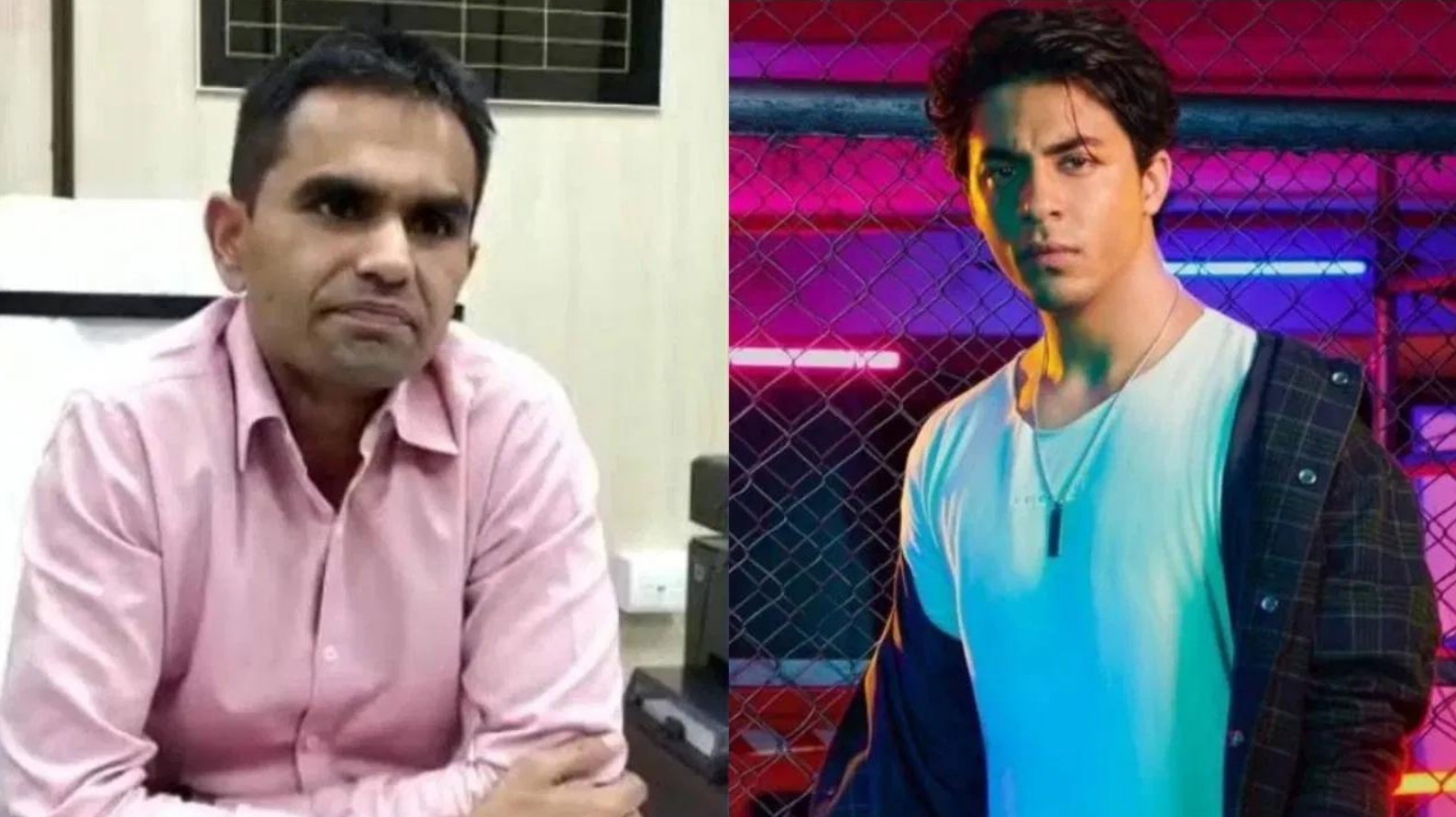
Former NCB officer Sameer Wankhede has filed a defamation suit against the team behind the upcoming film The Ba**ds of Bollywood*, intensifying the ongoing public feud that stems from Aryan Khan’s 2021 arrest. The case brings back into spotlight the high-profile drugs raid that shook Bollywood and continues to echo in India’s legal and cultural debates.
Why Wankhede is Suing
According to Wankhede’s petition, the film unfairly vilifies him by depicting a character clearly modeled on him as corrupt and vindictive. The lawsuit claims that such portrayal is a direct attack on his personal and professional reputation.
Wankhede has asked the court to halt the film’s release unless offending material is removed. He is also seeking financial damages from the producers, arguing that his career prospects and family’s safety have been jeopardized by the false narrative.
The Aryan Khan Connection
The origins of this dispute go back to October 2021, when Aryan Khan, son of Bollywood superstar Shah Rukh Khan, was arrested following a raid led by Wankhede. Although no drugs were found on Aryan, he was held in custody for weeks, igniting widespread outrage and raising questions about selective targeting.
The episode placed Wankhede at the center of national headlines. While he defended his actions as lawful, critics accused him of bias and political maneuvering. The storm eventually subsided after Aryan Khan was cleared, but the episode left a lasting impact on public memory.
About the Film and Its Controversy
The Ba**ds of Bollywood* is reportedly Aryan Khan’s creative project, billed as an exploration of defiance in the face of adversity. Industry leaks suggest the film dramatizes the ordeal faced by Aryan and his family, with antagonists modeled on law enforcement officers.
For Wankhede, this crosses the line between fiction and defamation. He insists that the film aims to rewrite history at his expense and tarnish his legacy as an officer.
Film Industry’s Divided Stand
The lawsuit has sparked debates across the film fraternity. Supporters of the project argue that cinema should have the freedom to critique systemic injustice, even if inspired by real events. They maintain that disclaimers can shield the makers from liability.
However, many producers are wary of the precedent this case could set. If courts begin halting films due to resemblance with real figures, filmmakers may feel constrained from tackling bold subjects.
Political Overtones
The controversy is also being framed in political terms. During the Aryan Khan episode, opposition parties had accused central agencies of using Wankhede as a tool to intimidate Bollywood. Now, they argue that the lawsuit is an attempt to silence critical storytelling.
Meanwhile, Wankhede’s supporters claim the film is part of a larger agenda to vilify officers who refused to bow down to celebrity influence.
Legal Viewpoints
Courts in India have previously allowed films to release with disclaimers, even when individuals felt defamed. Legal experts say that the judge will examine whether the film explicitly identifies Wankhede or uses fictionalized elements broadly. The outcome could set a significant precedent for biopic-style cinema.
Public Sentiment
The case has rekindled public debates over celebrity privilege, accountability of agencies, and the role of media. On social media, hashtags supporting both Shah Rukh Khan and Sameer Wankhede trended simultaneously, highlighting the deep divide in perceptions.
Broader Implications
Beyond the courtroom, the case reflects the uneasy intersection of Bollywood and politics. It also illustrates how cultural products like films can revive old controversies and reopen wounds long after the original events.
As the defamation proceedings unfold, the future of The Ba**ds of Bollywood* remains uncertain, but the clash ensures that Sameer Wankhede and the Aryan Khan saga will once again dominate headlines.
